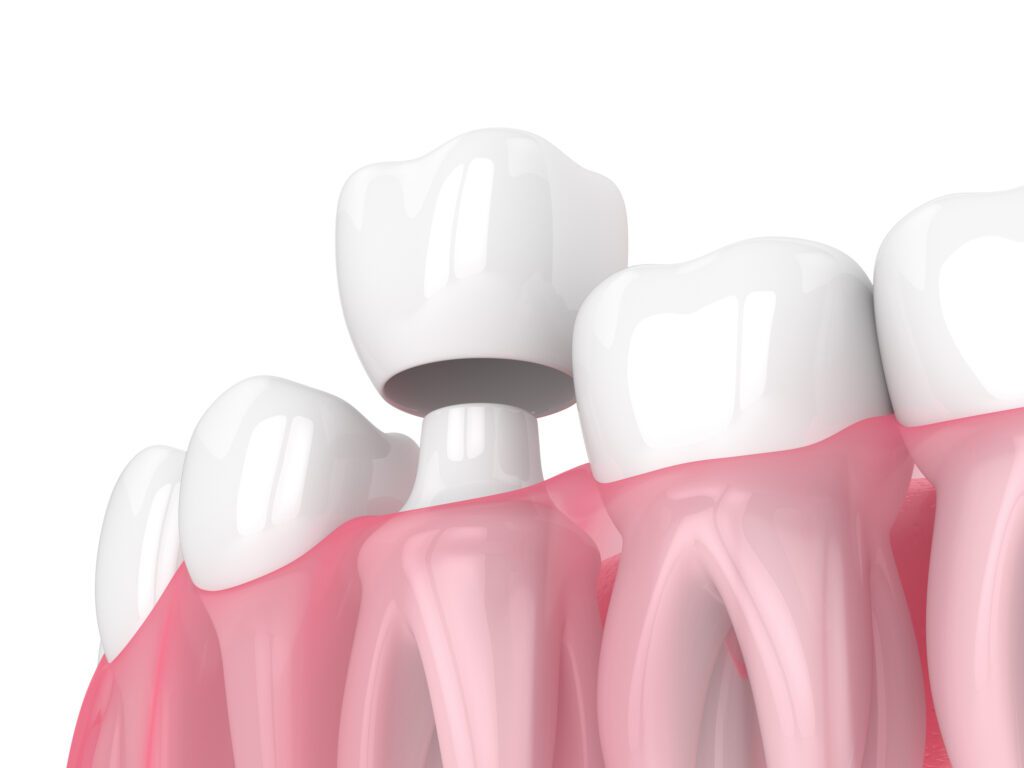Our office offers crowns for a more in-depth approach to restoring a cracked or damaged tooth. Crowns will completely cover and protect a broken or worn-down tooth from further damage. Dental crowns mimic the look and feel of natural teeth and are most often used as solutions for severe cavities.
Our dentist wants to do everything she can to keep your smile in top shape. Rehabilitative and restorative dentistry is the most effective way to do this, especially when dealing with cavities!


Dental Crown Treatment in Canton, TX
Dental crowns can help patients with worn or damaged teeth by adding to the natural tooth structure. Crowns can also cover large dental fillings, anchor traditional dental bridges, and cover discolored teeth.
Before dental crown treatment in our Canton, TX office, we may remove the decayed tooth structure and prepare the natural teeth to ensure the crowns fit properly. We will take impressions of the teeth to send to a local lab, where technicians create the crowns out of porcelain materials.
We will also provide temporary crowns. While some crowns are made of metal alloys, modern porcelain crowns provide durability and look like natural teeth.
Once the final crowns are complete, we will remove the temporary crowns. Before cementing them, we ensure that the final crowns are in the correct shape and shade. You should avoid hard or sticky foods 24 hours after you receive your crowns. You can bite and chew naturally once you’re accustomed to your new crowns.
Crowns may be cared for like natural teeth. Gently brushing and flossing crowns and the gums surrounding the crowns will keep tooth decay and gum disease at bay. Oral hygiene is important because infections can still reach beneath the crown if you do not properly care for your crowns and natural teeth.
Restore Your Tooth
Schedule your next dental visit at Mill Creek Dental online. You can also call 903-600-9237 for dental crown treatment today. Our dental office serves Canton, Myrtle Springs, Wentworth, Fruitvale, Grand Saline, Edgewood, Wills Point, Wise, Prairieville, Big Rock, Walton, Colfax, Ben Wheeler, Primrose, Edom, and Garden Valley! We cannot wait to help you achieve the smile you deserve!
